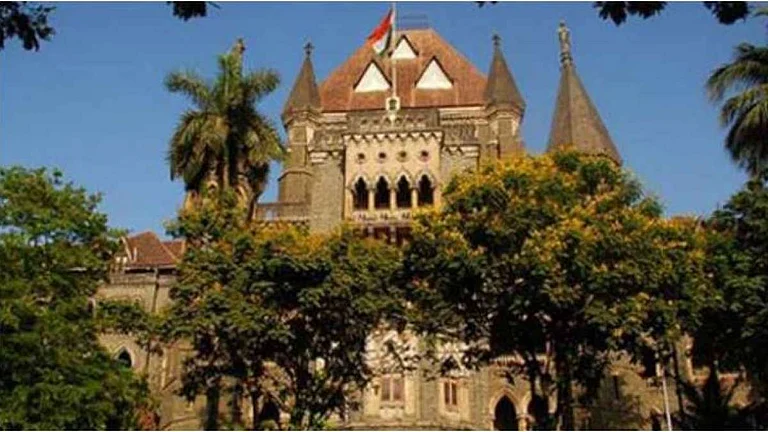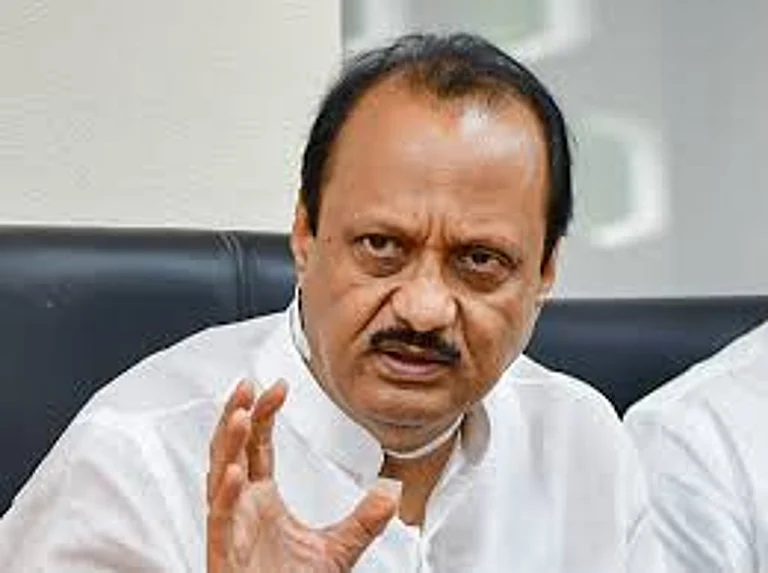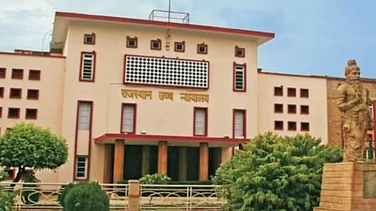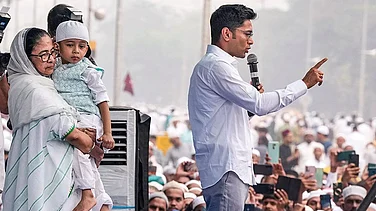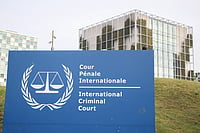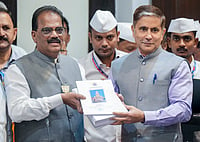
- For OBC groups, the demand threatens their hard-won 27% share in education and jobs. For Marathas, it is seen as a lifeline, a ticket into the safety net of affirmative action. For the state government, it is a political minefield.
- The government, in turn, has tried to soften the blow by limiting eligibility to those Marathas who can produce historical records from the Hyderabad and Satara Gazettes.
- Caught between these two assertive communities, Maharashtra’s ruling coalition faces perhaps its toughest test yet.
Maharashtra has long been a laboratory of India’s reservation politics. From the implementation of the Mandal Commission’s OBC quota in the 1990s to the rise of the Maratha agitation two decades later, the state’s politics has been shaped as much by its caste arithmetic as by its leaders.
But never before has the tug-of-war between Marathas and OBCs been this intense. In 2018, acting upon the recommendations of the Maharashtra State Backwards Class Commission, Maharashtra passed the Socially and Educationally Backwards Classes Act (SEBC). However, the Supreme Court struck down the law in 2021. These decisions left a wound that never quite healed. Quota activist Manoj Jarange Patil’s demand to classify all Marathas as Kunbis, thereby sliding them into the OBC category, has ripped open that wound, this time dragging the OBC community squarely into the battlefield.
For OBC groups, the demand threatens their hard-won 27% share in education and jobs. For Marathas, it is seen as a lifeline, a ticket into the safety net of affirmative action. For the state government, it is a political minefield.
Protest Politics
When Patil marched into Mumbai, the agitation moved from village corners to the heart of Maharashtra’s political capital. His rallies framed the Maratha demand as a matter of dignity, not just paperwork. But his insistence on universal Kunbi recognition triggered alarm bells among OBC leaders.
The government, in turn, has tried to soften the blow by limiting eligibility to those Marathas who can produce historical records from the Hyderabad and Satara Gazettes. Yet, critics argue that reducing social justice to a search for old documents undermines the spirit of affirmative action. “The impression is wrong, reservation is about disadvantage, not just documents. This could lead to messy disputes down the line,” said Yashwant Zagade, PhD research scholar at TISS.
OBC Leaders Push Back
Suppose Patil represents Maratha anger from the streets, veteran leaders like Chhagan Bhujbal have become the voice of OBC resistance from within the state’s power corridors. Bhujbal’s decision to boycott a cabinet meeting over the quota row was more than symbolic; it underscored a growing rift inside the Mahayuti alliance.
The BJP’s Chandrashekhar Bawankule now heads a special subcommittee to draft welfare measures for OBCs, but the effort is being seen as firefighting rather than a long-term solution. Meanwhile, groups like the Rashtriya OBC Mahasangh are keeping up the pressure with protests and demands for airtight safeguards to protect their quota share.
In many ways, the OBC pushback has forced the government to tread cautiously. Any attempt to appease Marathas risks alienating the OBC base, and vice versa.
Politics, Polls, And The Future Of Quotas
Behind the policy arguments lies a blunt political reality: both Marathas and OBCs are crucial vote banks. The Marathas, with their sheer numbers and historical dominance, remain indispensable to any party eyeing power. The OBCs, fragmented but increasingly assertive, hold the balance in many constituencies.
This makes the reservation row less about social justice and more about electoral survival. With assembly polls looming on the horizon, every move of the government is being watched through the lens of political calculation.
Legal challenges are inevitable, the Supreme Court has already drawn strict red lines with its 2021 judgment. But in the court of politics, the real question is whether the government can craft a formula that offers symbolic satisfaction to Marathas while keeping OBCs from feeling shortchanged.
What Lies Ahead
The road ahead looks uncertain. Committees will meet, gazettes will be dusted off, and legal opinions will be sought. But the deeper question is whether Maharashtra can evolve a political consensus on reservation that balances historical justice with future aspirations.
If not, the state risks sliding into a cycle of agitations and counter-agitations, where every election becomes hostage to caste arithmetic. Jarange’s movement has shown that Maratha anger can bring Mumbai to a standstill. OBC dissent, sharpened by leaders like Bhujbal, has shown that they will not quietly accept encroachment into their quota space.
Caught between these two assertive communities, Maharashtra’s ruling coalition faces perhaps its toughest test yet. The future of OBC reservation and by extension, the stability of the state’s politics will depend on whether leaders can rise above firefighting and craft a durable social contract.
For now, the Maratha-OBC quota row is not just a policy debate. It is a battle for political survival, a test of governance, and a mirror to Maharashtra’s enduring caste complexities.









